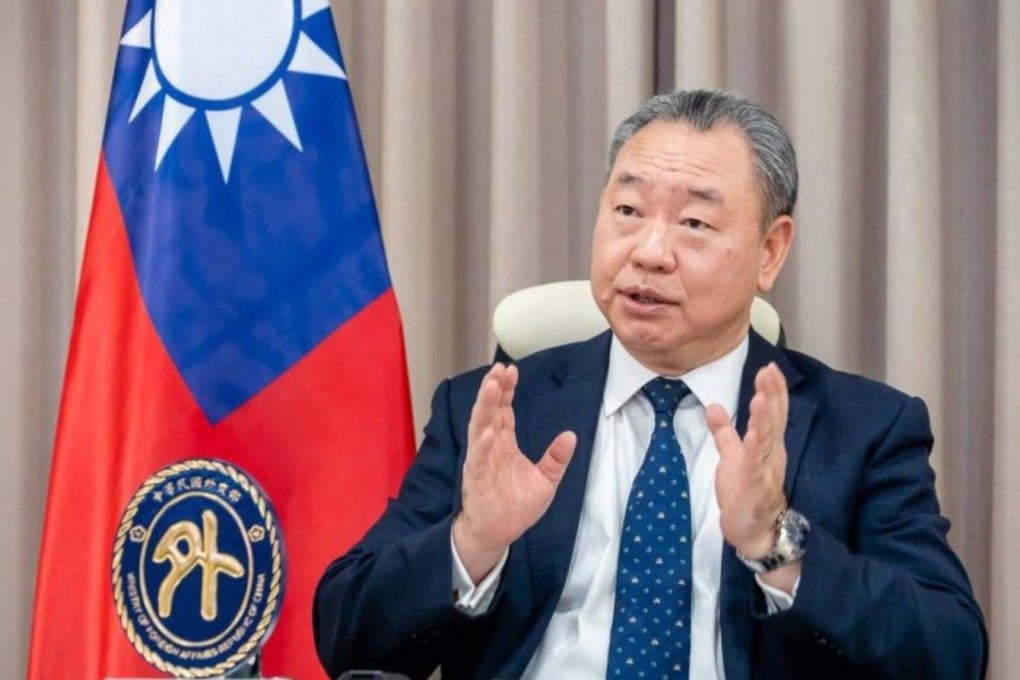Taipei’s new envoy to US may be less effective than his predecessor, analysts say
- Alexander Yui Tah-ray tapped last month to replace Hsiao Bi-khim, who stepped down to become DPP vice-presidential candidate
- Yui is not the politician Hsiao is, but some contend Taipei needs someone sure-fire who does not say anything that might rattle China

Taiwan has named a new de facto ambassador to the US, but analysts say he may be less effective than his predecessor and that his more careful bureaucratic style will contrast with her well-honed political skills.
Hsiao is being replaced by diplomat Alexander Yui Tah-ray, who was named last week, a Ministry of Foreign Affairs veteran who most recently headed the Taipei Representative Office in the European Union and Belgium.
“We’re going back to a more traditional running lane between Tecro and Taipei,” said Rupert Hammond-Chambers, president of the US-Taiwan Business Council.
“It’s no revelation that Bi-khim has a deep personal connection and friendship with President Tsai. That matters, and they can talk directly and it’s the trust,” he continued. “It’s not that Alexander isn’t capable, and he’s been chosen because of that, but he’s going to operate completely within the boundaries.”
